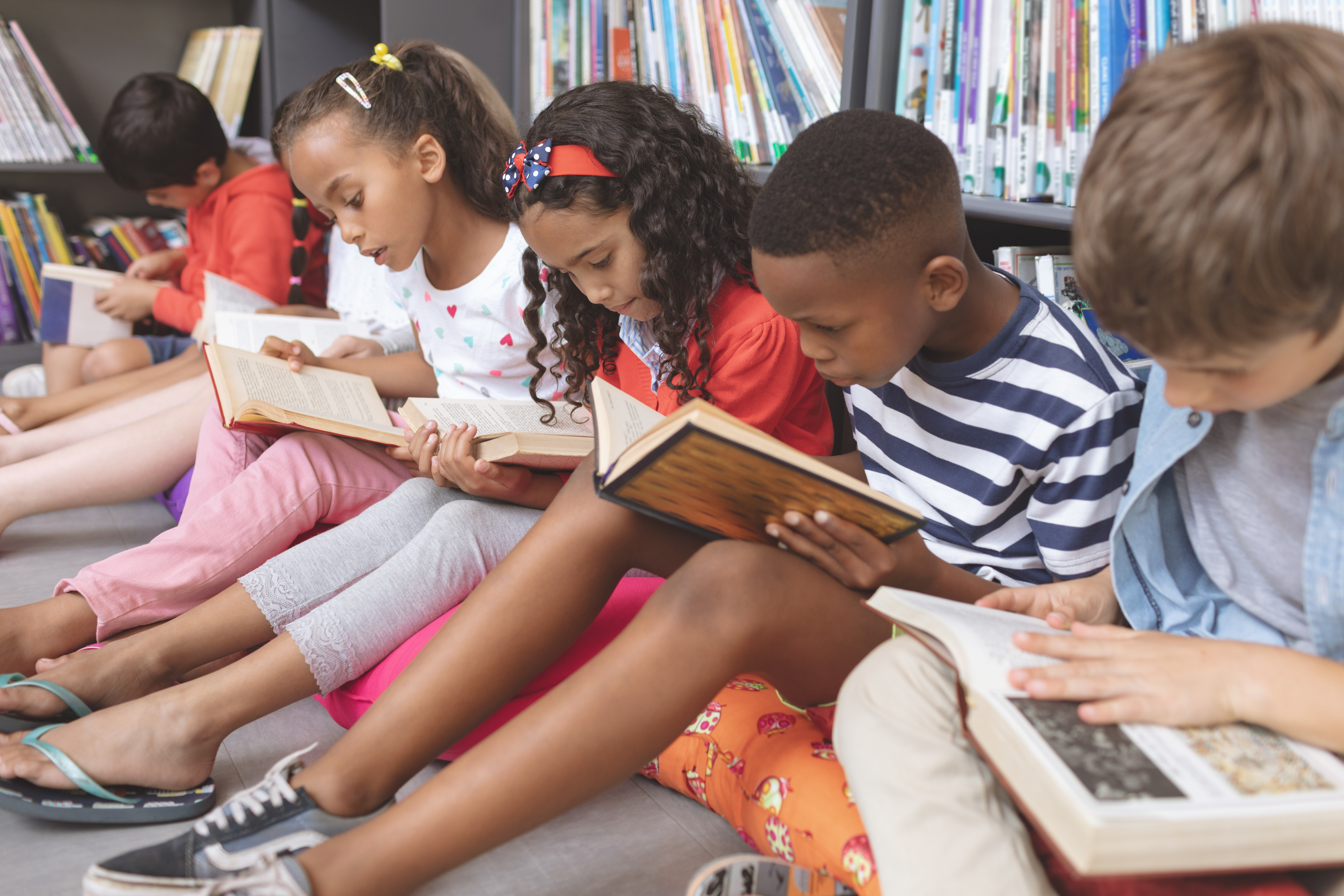A Crack in the Sea Reading Guide

For years the denizens of the Second World have lived as simple lives. The island nation of Tathenn and the seafaring nation of Raftworld live in harmony but live apart. They join together but once a year to trade goods and stories and to allow people to move should they so desire. But when the Raftking kidnaps Pip, a young islander with the magical gift of speaking to fish, things change forever. Now Pip's sister, Kinchen must rescue her brother, Raftworld and perhaps the king himself, from the Raftking's plans to return to the First World and the Second Worlders ancestral home of Africa.
With the help of an assortment of unlikely allies including a young raftworlder named Caesar, a family of Vietnamese refugees from the First World, and a sea monster or two, Kinchen and Pip must move quickly to ensure that the Second World changes for the better.
Vocabulary by Part and Chapter Index
Part 1
Vocabulary from Part 1, Chapters 1-3
Vocabulary from Part 1, Chapters 4-6
Vocabulary from Part 1, Chapters 7-9
Vocabulary from Part 1, Chapters 10-13
Part 2
Vocabulary from Part 2, Chapters 1-3
Vocabulary from Part 2, Chapters 4-6
Vocabulary from Part 2, Chapters 7-10
Part 3
Vocabulary from Part 3, Chapters 1-3
Vocabulary from Part 3, Chapters 4-9
Part 4
Vocabulary from Part 4, Chapters 1-4
Part 5-6
Vocabulary from Part 5, Chapter 1 - Part 6, Chapter 3
Vocabulary from Part 6, Chapters 4-8
Part 7-9
Vocabulary from Part 7, Chapter 1 - Part 9, Chapter 1
Discussion Questions
Character Analysis: After reading this book, what do you make of Putnam the Raftking? For much of the book he is an antagonist, but is he a true villain? He is beloved by his people and he in turn, loves his people and only wants what is best for them. Yet he will seemingly stop at nothing to achieve his own desires. Do his actions in the latter parts of the book absolve him of his crimes in the earlier ones?
What truly makes the Second World better than the First World? While the second world contains more magic and wonder than the First World, perhaps it is the people, the citizens of the Islands and Raftworld, that truly make the Second World a nicer and kinder place than the First World. Compare the way Thanh and his group of refugees are treated by different groups in both worlds.
A Crack in the Sea deals with real life events and tragedies such as the Zong Massacre and the Vietnam War. However, as in the case with the victims of the Zong Massacre using magic to survive and making their way to the Second World, Bouwman has woven fictional elements in to better serve her story. Think about the ways in which Bouwman uses real world context to tell this story. Do you think it was smart of Bouwman to do this? Or would you have enjoyed the story more if it had been wholly fictional? Why or why not?







